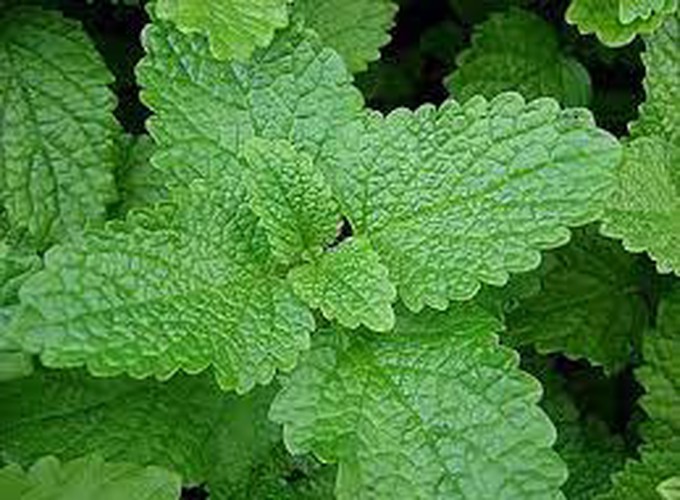

Plants are rich in bioactive phytochemicals that often display medicinal properties. These can play an important role in the production of health-promoting food additives and the replacement of artificial ones. In this sense, this study aimed to characterise the polyphenolic profile and bioactive properties of the decoctions, infusions and hydroethanolic extracts of three plants: lemon balm (Melissa officinalis L.), sage (Salvia officinalis L.) and spearmint (Mentha spicata L.). Total phenolic content ranged from 38.79 mg/g extract to 84.51 mg/g extract, depending on the extract. The main phenolic compound detected in all cases was rosmarinic acid. The results highlighted that some of these extracts may have the ability to prevent food spoilage (due to antibacterial and antifungal effects) and promote health benefits (due to anti-inflammatory and antioxidant capacities) while not displaying toxicity against healthy cells. Furthermore, although no anti-inflammatory capacity was observed from sage extracts, these stood out for often displaying the best outcomes in terms of other bioactivities. Overall, the results of our research provide insight into the potential of plant extracts as a source of active phytochemicals and as natural food additives. They also support the current trends in the food industry of replacing synthetic additives and developing foods with added beneficial health effects beyond basic nutrition.